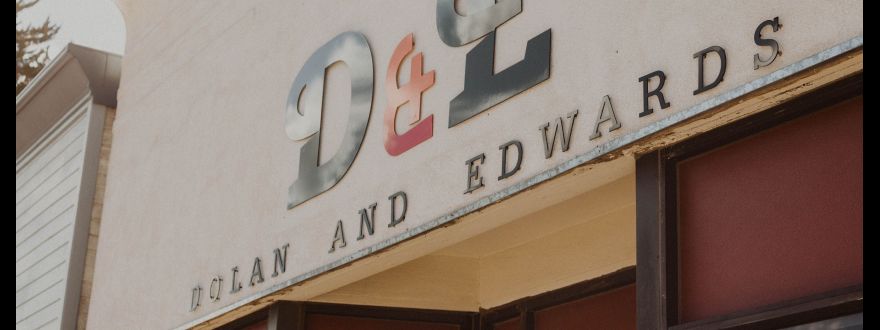
Commercial Insurance policies are large, complex documents. Many are often hundreds of pages of legal jargon that most of us struggle to comprehend. Yet when your insurance agent gives you the policy, they often tell you to review it and let them know if you see something that needs to be changed. Where do you even start?
Insurance Policies are broken up into several parts. When reviewing your policy, there are a couple of areas to pay particular attention to.
Declarations Pages.
Declarations Pages or “Dec” Pages are where you are going to find the majority of the information that you are looking for. Here you find what is covered, what the limits are, and you can see any deductibles if applicable. This is true for almost every policy you have. When reviewing the policy, there are four key things to look for:
Check to make sure the identifying information is correct
Make sure that the addresses, VIN Numbers, Serial Numbers, and any other identifying information is correct. There have been many times that claims have been denied or held up because the identifying information was not correct.
Check the limits
Make sure that the insurance limits are correct. A policy will only pay up to that limit and not a dollar more. Make sure that there is enough. Also, make sure that it is not too much. Building, inventory, vehicle, and equipment limits can sometimes be quite a bit more than what the insurance company has them valued at. Check to make sure that these values are near where they should be.
Check for Completeness
Double-check your information against what is scheduled on the policy. In a claim situation, only what is scheduled on the insurance policy will be covered. Make sure that your information matches what is on the policy.
Check Exposures
There are certain types of policies that use Gross Sales and Payroll amounts to help determine the premiums. This is true of most Liability Policies and Workers Comp Policies. Make sure that these figures are as close as possible to their true amounts. If they are too high, they can result in more expensive payments upfront. If they are too low, they may result in a big audit later down the line.
Exclusion Section
Another area that is very important to look at is the Exclusion Section. Insurance policies will often commit to insure quite a few scenarios in the Insuring Agreement, but then add a series of Exclusions to fine-tune what is being covered and what is not. It is important to at least look at the titles of these exclusions and be sure that the coverage that you need is not being excluded. It is not unheard of for the very operations of a business to be excluded from the coverage.
Missing Coverages
There are a set of important coverages that are often not included in a policy or they have limits so low that they are ineffective. Each one of these coverages represents an area of a substantial risk that is often overlooked because third parties rarely require it.
Employment Practices Liability: Protects an employer if an employee sues because of allegations of discrimination, sexual harassment, wrongful termination, failure to hire, failure to promote, etc.
Cyber Insurance: Any business that uses computers in their daily operations should have some form of Cyber Insurance. It covers things like Ransomware, Privacy Violations, Transmission of Viruses, Regulatory Action, Forensic Costs, Costs to rebuild Data, Etc.
Crime Insurance: While this is a very broad insuring agreement, one common use of Crime Insurance is to protect against Employee Theft. Embezzlement is a huge threat that can cripple or kill businesses and it is becoming an all too often threat for businesses.
Employee Benefits Liability: If your business offers any type of benefits, you should have this coverage. It protects against mistakes made in the process of offering your employees those benefits. For example, if an employee is not added to the health insurance when they should have been and they have an accident where they would need it, your business could be held liable for the costs of that mistake.
Insurance coverage is a very important part of every business. It helps us to have the security to take risks with one another and to dream big. Make sure that it is working for you in the best way it possibly can. For help understanding your insurance policy or for any questions, contact us Here.







